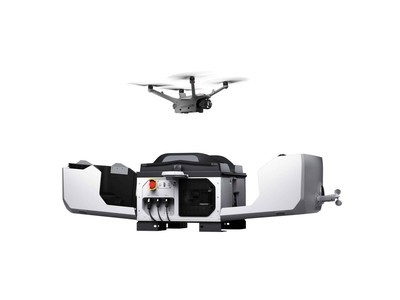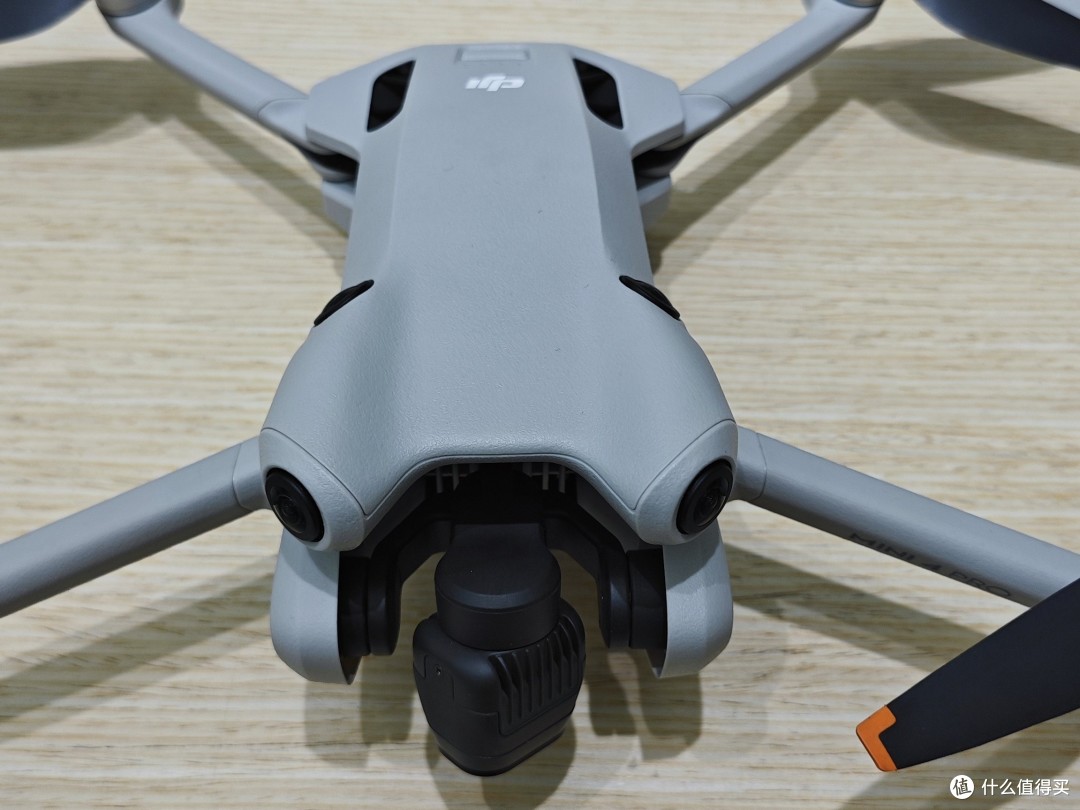The Role of AI Drones in Healthcare Delivery
One of the most significant impacts of AI drones in medical services is their ability to deliver medical supplies swiftly and accurately. These drones utilize complex algorithms to navigate urban and rural environments, ensuring timely delivery of essential items such as blood samples, vaccines, and medicines. In emergency situations, speed is crucial, and AI-powered drones can drastically reduce delivery times compared to traditional methods.
Moreover, AI drones are being deployed to access hard-to-reach areas, providing remote communities with healthcare they couldn’t previously access. This ensures equitable healthcare delivery across the UK, breaking geographical barriers that have long hindered medical services in isolated regions. These intelligent drones can be programmed with GPS coordinates and real-time weather data, ensuring safe operations even in adverse conditions.
Remote Diagnostics and Monitoring
Drones equipped with AI technology are transforming how remote diagnostics and monitoring are conducted. Through the use of advanced sensors, AI drones can collect real-time data and transmit it to healthcare providers for analysis. This facilitates proactive healthcare management, allowing doctors to diagnose issues before they escalate. Additionally, AI enhances the precision of data collected, enabling quicker and more accurate diagnostics.
For instance, drones with thermal imaging capabilities can assess patient conditions in disaster-stricken areas or during humanitarian crises, where traditional access to medical professionals may be unfeasible. The integration of AI drones into these scenarios not only provides immediate healthcare solutions but also augments the data available for research and development in medical technologies.
The Economic Impact of AI Drones
AI drones are not only improving healthcare delivery but are also contributing positively to the economy. The reduced need for human intervention in logistics can lower operational costs, enabling healthcare systems to allocate resources more efficiently. As AI drone technology continues to evolve, it promises further economic benefits through the expansion of healthcare services and the creation of drone-related jobs.
Challenges and Ethical Considerations
 Despite the potential benefits, the deployment of AI drones in medical services does present challenges. Privacy concerns are paramount, as drones collect sensitive patient data that must be protected from unauthorized access. Ensuring data security and ethical use of AI technology is crucial to gaining public trust. Additionally, the integration of drones requires adherence to aviation regulations and stakeholder coordination to ensure safe operations within public spaces.
Despite the potential benefits, the deployment of AI drones in medical services does present challenges. Privacy concerns are paramount, as drones collect sensitive patient data that must be protected from unauthorized access. Ensuring data security and ethical use of AI technology is crucial to gaining public trust. Additionally, the integration of drones requires adherence to aviation regulations and stakeholder coordination to ensure safe operations within public spaces.
Training rapidly is another challenge, as medical professionals must be skilled in interpreting drone-collected data. However, ongoing advancements in AI are simplifying these processes, providing user-friendly interfaces and automated data analysis.
Future Prospects of AI Drones in UK Healthcare
 The future for AI drones in the UK healthcare sector looks promising. As technology becomes more sophisticated, drones could potentially be involved in surgeries and complex medical interventions. Their ability to operate autonomously with high precision and reliability opens new avenues for medical innovation. Partnerships between tech companies and healthcare providers will likely emerge, fostering an ecosystem where AI drones are integral to medical services.
The future for AI drones in the UK healthcare sector looks promising. As technology becomes more sophisticated, drones could potentially be involved in surgeries and complex medical interventions. Their ability to operate autonomously with high precision and reliability opens new avenues for medical innovation. Partnerships between tech companies and healthcare providers will likely emerge, fostering an ecosystem where AI drones are integral to medical services.
With the anticipated growth in AI drone technology, the focus will be on achieving scalability and affordability, ensuring wide accessibility across diverse socio-economic classes. Collaboration between government agencies and private sectors will be crucial in overcoming regulatory hurdles and ensuring sustainable integration of drones into everyday medical practices.
FAQ Section
- Can AI drones help in situations other than emergencies?
Yes, AI drones are versatile and can be used in routine healthcare deliveries, monitoring health conditions in remote areas, and even assisting in telemedicine services, providing data for doctors to act upon. - What measures are taken to ensure data privacy with drone technology?
Strict encryption methods and compliance with data protection regulations are enforced to protect patient information. Additionally, ongoing audits and updates ensure security systems remain robust against emerging threats. - How are drones maintained for medical use?
Drones deployed in medical services undergo regular maintenance checks to ensure their reliability. This includes battery assessments, software updates, and rigorous testing to ensure they operate efficiently and safely.
These advancements signify a new era in healthcare services, reshaping how medical support is accessed and delivered across the UK. As AI drones continue their path forward, they hold the potential to bridge gaps in medical care, reaching new heights in patient support.
